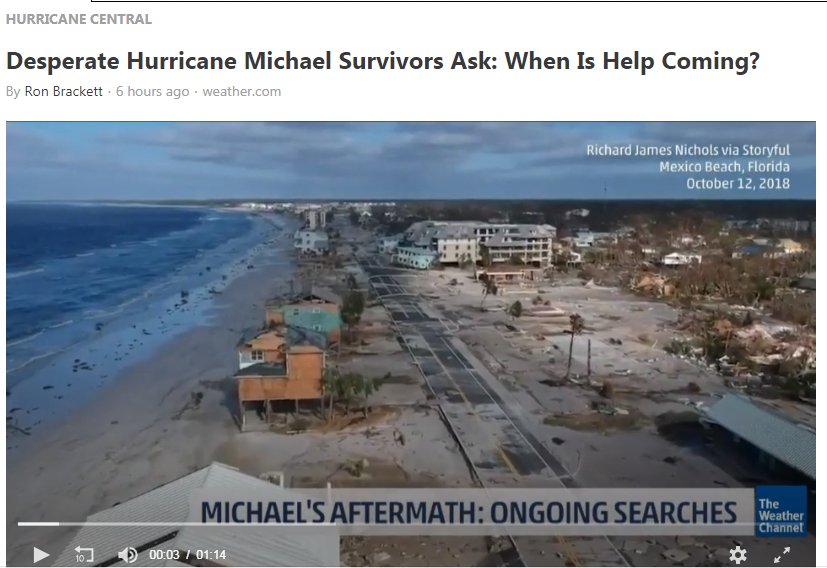Answer doesn't have be chronological (i.e. from undergrad to now). Give specific examples--research and teaching you've done that made you think about the area. A few specific things you love about it & how you show students that.
You can cheat and say you have 2 other areas, but give specific examples (e.g., "I also teach in [X] and am developing research in [Y]." Explain how this comes back to your primary area as well & translate it to the classroom.
Make sure you know how the program works. Pick out a few specific details (e.g., "I have a class that would work well for your minor in X"). Show how you uniquely approach some of their specific elements/requirements.
The answer is never: it doesn't. Give some examples of how you integrate research into 1st, 2nd, 3d year classes (e.g., "I include a bit of 19thc lit in my composition class so we can discuss vocabulary").
Don't summarize the field. Pick 1 or 2 authors whose work your cherish & explain how you'd communicate that to students. Focus on social significance of their work & how it relates to *your* work. Situate yourself.
Come in with 2-3 ready examples of classes within their dept. Show how you'd spin them while making content accessible. Give a brief example of an assignment. Avoid listing texts--focus on impact and goals of course.
Give an example of something that went mildly wrong, and show how you responded. Don't vent about students or the discipline. Don't use this as a soul-searching session. They want to know problem/solution.
Give a specific example--not just that you're supportive. Explain how an assignment or lecture takes these needs into consideration. Assume that *many* students are EAL, not just a few, and plan for this.
Research a few of their committees & explain how you'd contribute to them. Not just exciting committees--day-to-day ones too. Helping w/conferences. Managing TAs. Offer concrete examples that reference experience.
Discuss a project you're working on now, and how it connects with a proposed future project. Think through how you'll do this work, and how it would connect w/the school, even if it feels theoretical.
Lots of variations on this question. Discuss public talks, outreach, online & accessible writing, even social media (if you're using it as an academic tool). Have a few out-of-classroom examples ready.
THIS. IS. IMPORTANT. Have a few specific questions which demonstrate you've researched their program. Focus on inquiring about where you might be needed or ask about resources for students. Don't ask about salary/permanence/tenure.









